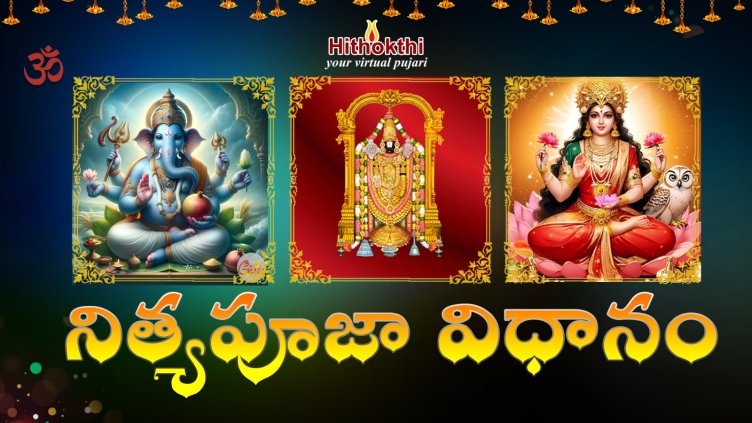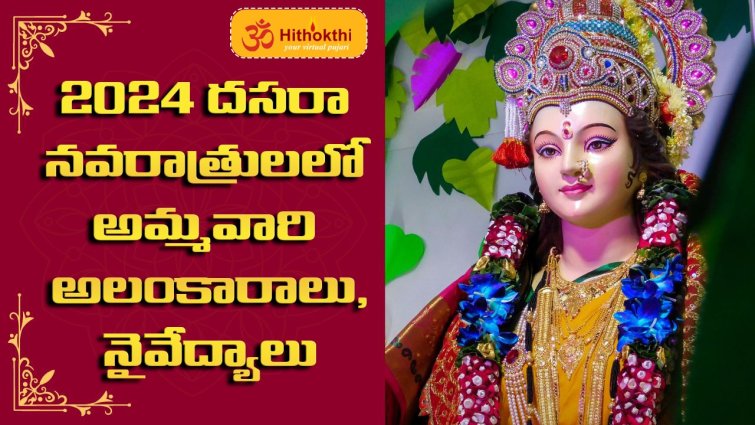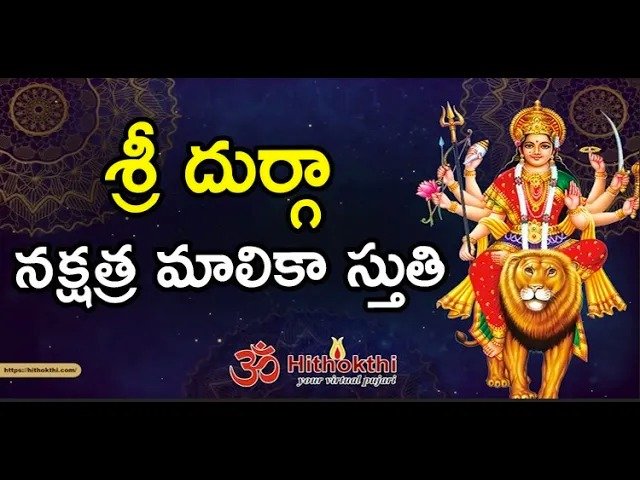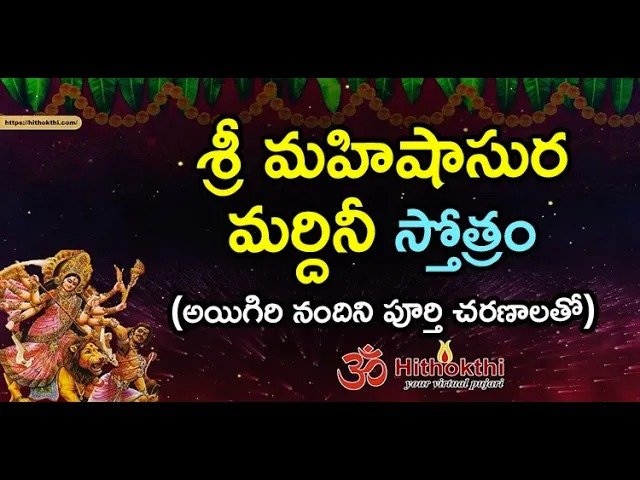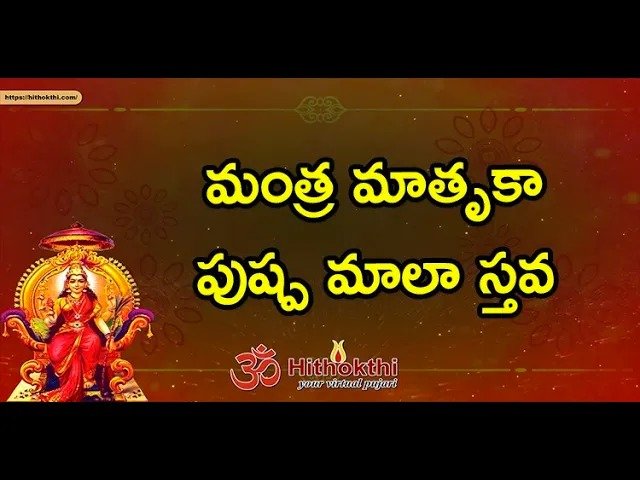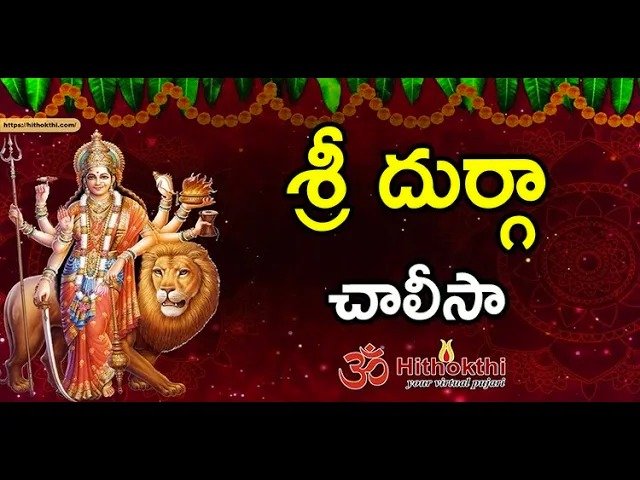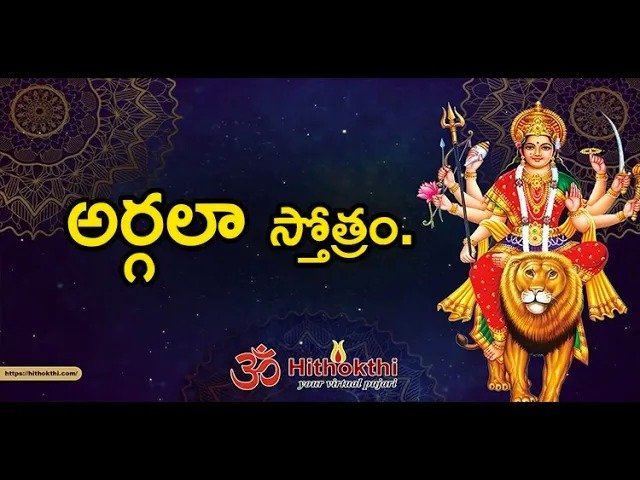Dev Bhoomi Turns into a Graveyard

July 29, 2013: Prakash Kabra recites his elder brother’s mobile number and I carefully tap it into my phone – already knowing the response, but still with a naïve sense of hope.
"The number you are calling is either switched off or unreachable at the moment. Please try again later," says the automated reply.
It’s a response Prakash has heard countless times over the last six weeks. Yet he continues to call, hoping against hope that his brother – missing since deadly floods and landslides devastated India’s Himalayas – will answer.
Along with 14 other family members, Prakash's brother, a businessman from the city of Lucknow, had travelled to the scenic northern region of Uttarakhand for the "Char Dham Yatra" – the most sacred of pilgrimages for the world's one billion Hindus.
But the Kabra family did not return home and their faces, along with thousands of others, now stare out from posters plastered on the walls of police stations, hospitals and bus stations in towns and villages across the area.
"I last spoke to my elder brother on June 17 at 6 o'clock in the morning. He called me and was screaming, 'There is water everywhere. We are in danger, please help us'," Prakash says at a police station in Uttarakhand's main city, Dehradun, where he registers a missing persons report.
"The phone disconnected after that and I haven't been able to get through since then," he adds.
On June 16 and 17, unprecedented rainfall caused the region's rivers and glacial lakes to unleash torrents of water, which swept away buildings and homes and destroyed roads, bridges and vast tracts of farmland.
The government announced that the 5,748 people missing – most of them pilgrims – were to be presumed dead so families could apply for financial compensation.
But only a few hundred corpses have been recovered since the disaster, local officials say, adding that many bodies are buried under mounds of rubble and debris or have been carried downstream by the mighty Himalyan rivers and may never be found.
So most families continue to live in a state of limbo – unwilling to accept the finality of such news, even though Hindu priests say it is a blessing to have died in such a revered place.
"DEV BHOOMI"
For thousands of years, Hindus have flocked to Uttarakhand’s majestic Himalayan mountains, drawn by the ancient belief that deities such as Lord Shiva and Lord Vishnu resided here.
As a result, the region's lush green valleys with their cascading waterfalls are dotted with countless temples and shrines and the area is often referred to as "Dev Bhoomi" or the "Land of the Gods."
But it is the "Char Dham Yatra" – a pilgrimage route consisting of the four temple towns of Kedarnath, Badrinath, Gangotri and Yamunotri – that is considered the most sacred, attracting hundreds of thousands of people every year.
Undertaking a journey to these sites will not just wash away one's sins, say local Hindu priests, but also guarantee release from the cycle of birth and death, since it is believed that heaven and earth converge in these four locations.
“To die while on pilgrimage of the Char Dham is considered very auspicious," says Umesh Chandra Posti, a senior priest from Kedarnath, a town at the heart of the disaster.
"I too have lost friends and neighbours. I don't know where they are. It's difficult to accept they will never return, but at least I know that they will at last have freedom."
As I stare at the photographs of the missing – of smiling children, of newly married couples and of grandmothers and grandfathers – it is difficult to reconcile the irony of this disaster.
At any other time, it may have brought some peace of mind to know that your loved ones passed away in such a sacred place, but when you have no way of knowing whether they are dead or alive, how can you ever get closure?
I guess for many families the wait will never end. And their anguish will continue.
Source: Thomson Reuters Foundation, DT. July 29, 2013.

